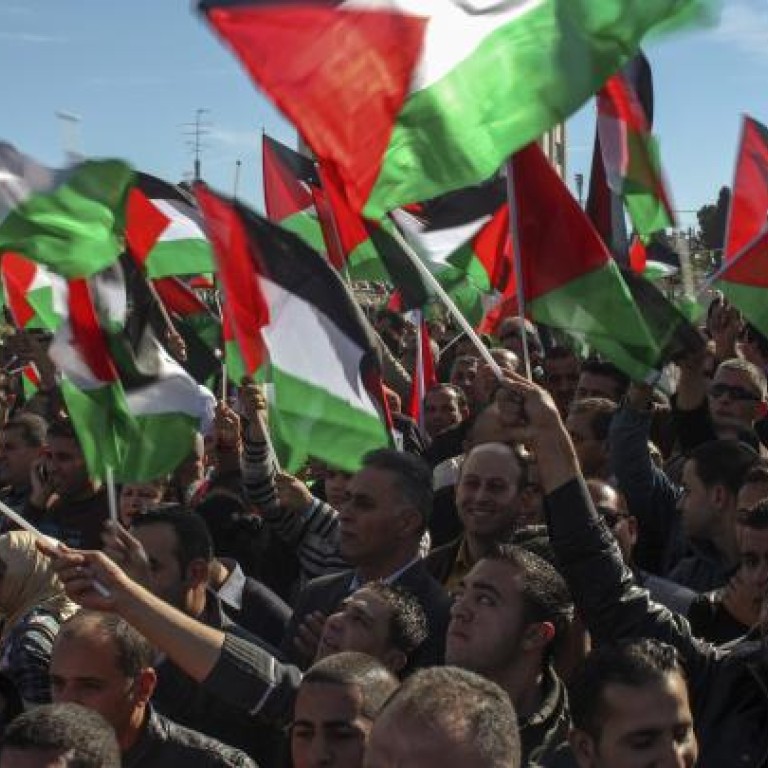
After UN vote, looking for hope in Palestine
Palestinians have been understandably jubilant over the UN vote to designate Palestine a non-member observer state even though it is little more than a symbolic act. They have little else to celebrate after the latest exchange of hostilities with Israel that killed more than 140 people. Israel, meanwhile, is angry and divided over the failure of its diplomacy in the UN. It was joined by the US in condemning the vote as counterproductive to bringing about lasting peace through a two-state solution.
Unhelpfully in this regard, Israel responded by revealing plans to build 3,000 new settler homes in East Jerusalem and the West Bank, and for development that would cut the West Bank in two and prevent the creation of a viable Palestinian state. This would be a really serious blow to peace hopes, and has prompted Israel's friends to register deep concern. So the historic vote has made little difference. Nor will it until Palestinian Islamist group Hamas stops using its control of the Gaza strip as a base for raining rockets on Israel, provoking retaliation that makes war more likely than peace.
If a glimmer of hope is to be found it may be the emergence of Egypt's new president, Mohammed Mursi, as a peace broker credible to Hamas, an offshoot of his Muslim Brotherhood group. Or it could be signs of a thawing of relations between Hamas and the moderate Fatah faction of Palestinian president Mahmoud Abbas, evident in the celebrations. Or it could be dissent from the Israeli political mainstream that reflects a division of popular sentiment. Examples are the claim by former Israeli foreign minister Tzipi Livni that the government could have stopped the UN vote if it had conducted peace negotiations, and former prime minister Ehud Olmert's comment that limited recognition of Palestine laid the groundwork for negotiations on a two-state solution.
The reality remains that Israelis and Palestinians have to learn to live with one another. For Hamas, or Israeli security hawks and religious factions, to contend otherwise is to deny the region peace and Palestinians a viable future.
